The Philippine government is tightening laws against online child sexual exploitation, while telecommunications companies are developing tools to detect abusers.
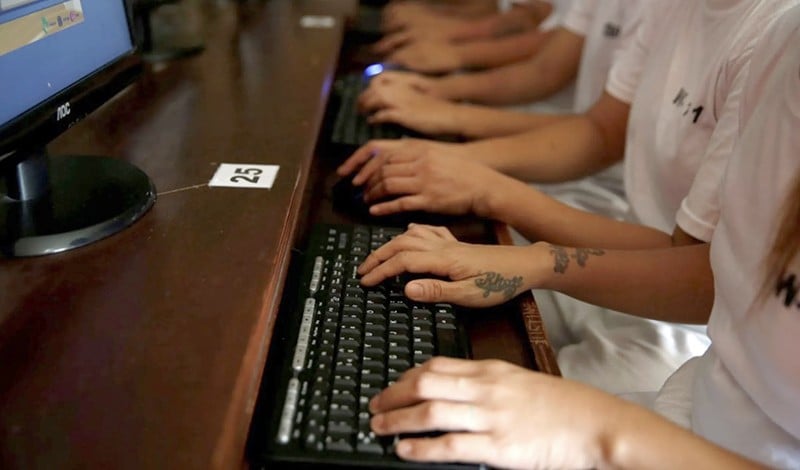 |
| Computer safety training in Pampanga province, in the northern Philippines, October 6, 2016. Reuters/Erik de Castro |
Inside a building in downtown Manila, a campaign against the darkest crimes of online child sexual abuse and exploitation is underway. Here, cybersecurity experts from the Philippines' largest telecommunications company, PLDT, deploy a system to handle and block millions of subscribers' attempts to access child sexual abuse material every day.
Since November 2022, PLDT has blocked more than 1.3 billion attempts to access websites containing sexually explicit content. “It’s a lot, it’s alarming,” said Angel Redoble, PLDT’s chief information security officer. “We deal with it every day.”
According to a 2020 report by International Justice Mission, a US-based non-governmental organization working to combat child sex trafficking and exploitation, the Philippines is the world's leading source of online child sexual abuse and exploitation. It is estimated that by 2022, there will be about 2 million children in the country who are victims of online sexual abuse and exploitation.
The Philippine Department of Justice has now required telecommunications companies and internet service providers to report and provide these documents to the authorities. However, these companies are also facing difficulties because the Philippine data privacy law restricts access to and use of personal data.
Crime knows no borders
According to International Justice Mission, online child sexual exploitation is a “fast-growing, borderless crime” and perpetrators in Western countries have lured Filipinos to sexually abuse children and provide images or videos of the exploitative acts online.
In addition, some factors in this country such as very cheap internet access fees, fast money transfer system, common English proficiency... make posting and sharing images/videos easy and popular, thereby also making it difficult for telecommunications companies and internet service providers in the process of implementing activities to prevent data from being accessed and spread.
The Covid-19 pandemic has pushed many Filipinos into poverty, with the country seeing a 260% increase in reports of online sexual exploitation from 2019 to 2022, the Philippine Department of Justice said.
The role of technology companies
Previously, due to data privacy laws, PLDT could only block suspicious domains. Since 2018, the company has been blocking data sources related to this content. The company has established a cybersecurity team tasked with handling child sexual abuse material without violating data privacy laws.
The group also receives active support from the UK-based Internet Watch Foundation, which monitors and digitally “fingerprints” content that is confirmed to be related to child sexual abuse, so that internet service providers can block it. As of May 2023, PLDT has received more than 400,000 such codes from the Internet Watch Foundation.
Also operating in the same vein as PLDT is Globe Telecom. In the first quarter of this year alone, Globe Telecom blocked more than 65,000 child sexual abuse websites.
However, according to the Internet Watch Foundation, this type of crime operates without borders, and prevention is only limited to limiting access and dissemination of related documents.
Comprehensive approach
Civil society organizations say the fight against child sexual abuse must be widely deployed and promoted in communities, especially in poor areas where criminals, and most likely the parents of abused children, seek to prey on vulnerable children.
In Cebu province, a project to keep children safe from online abuse called Project SCROL will be implemented over a three-year period in partnership between the Dutch group Terre des Hommes and the Bidlisiw Foundation, a local anti-trafficking group.
Launched this year, the project aims to engage internet service providers, telecommunications companies, money transfer agents and technology companies to build a legal framework that provides reporting on victims of online child sexual exploitation. It also operates in Cambodia, Nepal and Kenya.
“Telecom companies have the technology and tools that we don’t have,” said Judith Pulvera, a member of Bidlisiw. “But they lack the relationships, especially with local governments, law enforcement, and households, to spread awareness.”
Project SCROL members work in schools and resorts in Cebu, educating and training residents on how to spot and report to authorities the red flags of child sexual exploitation. For example, using separate email accounts to send or receive money transfers from abroad can be a sign that offenders are trying to hide their identities.
In addition, the project also provides digital training on child safety and protection for law enforcement agencies and frontline service providers...
Last year, the Philippine Congress passed a law that makes it illegal to produce, distribute, possess, and access child sexual abuse material. The law details the duties of internet service providers, content hosts, social media sites, and financial institutions in blocking the material.
For Redoble, the next goal should be to “create a cleaner cyberspace.” He is proposing a “global chain of trust” between telecommunications companies and internet service providers globally to once and for all eradicate harmful websites that promote online child sexual abuse.
“Then the environment will be cleaner, it will be safer, especially for women and children,” Redoble said.
Source









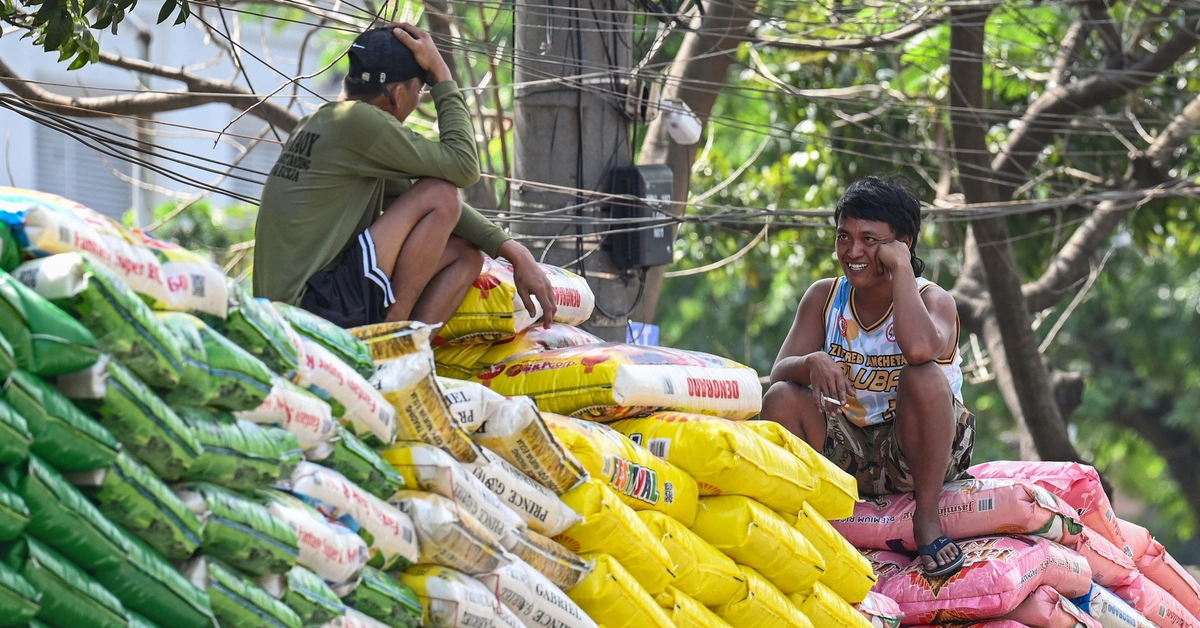












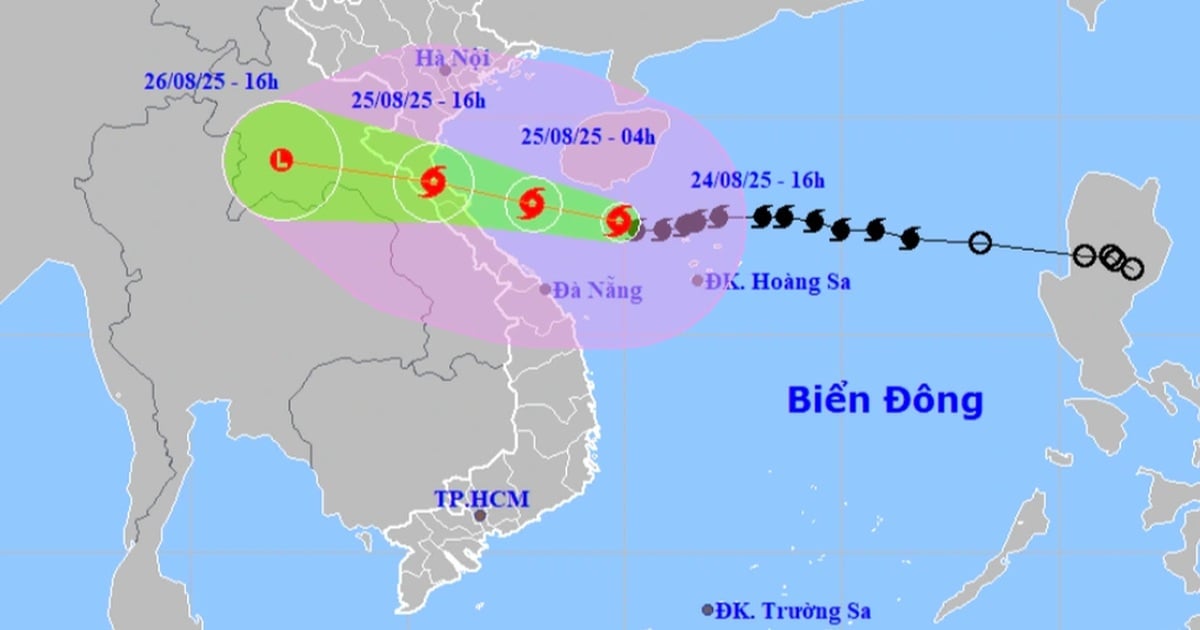

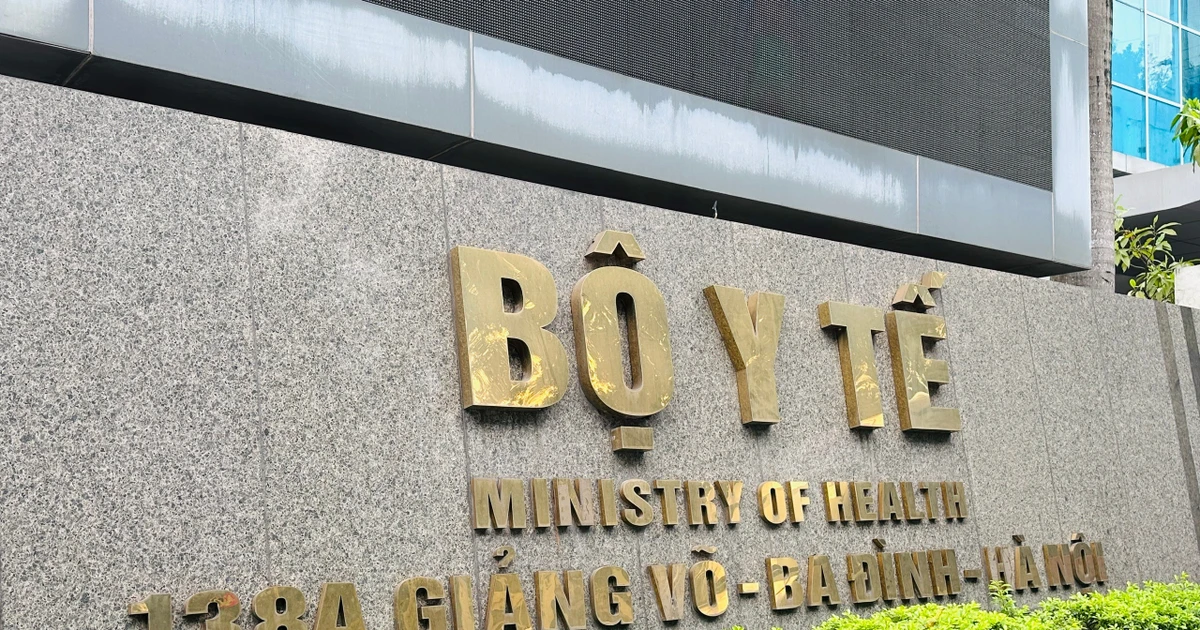








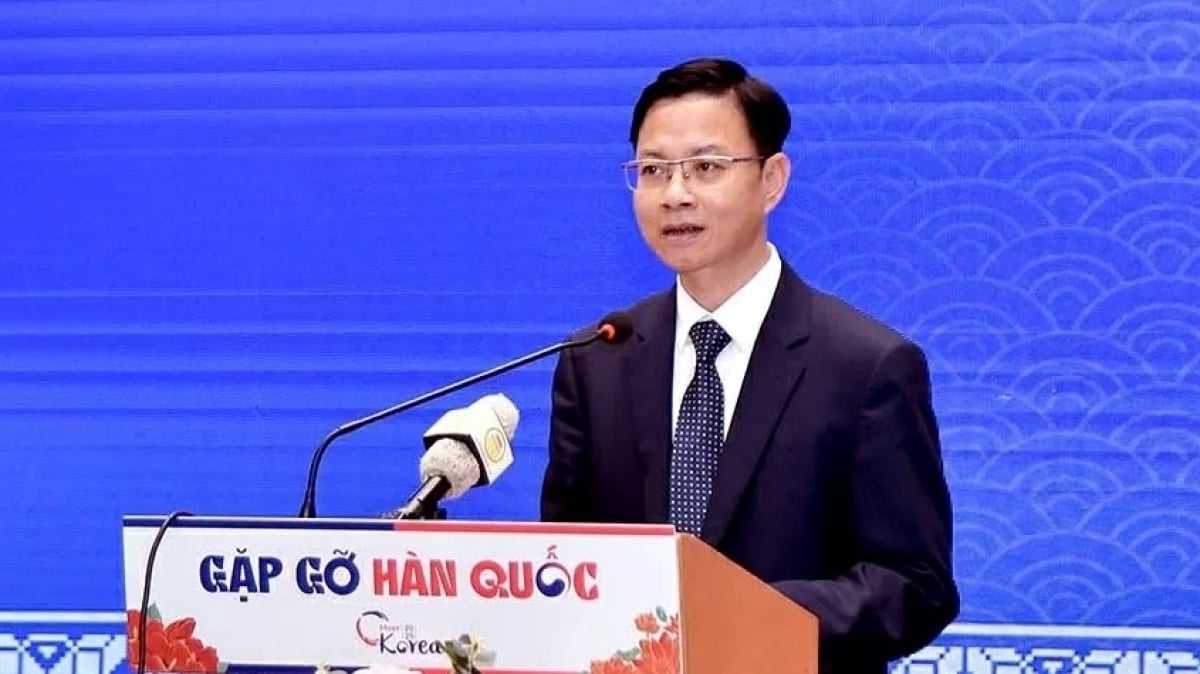
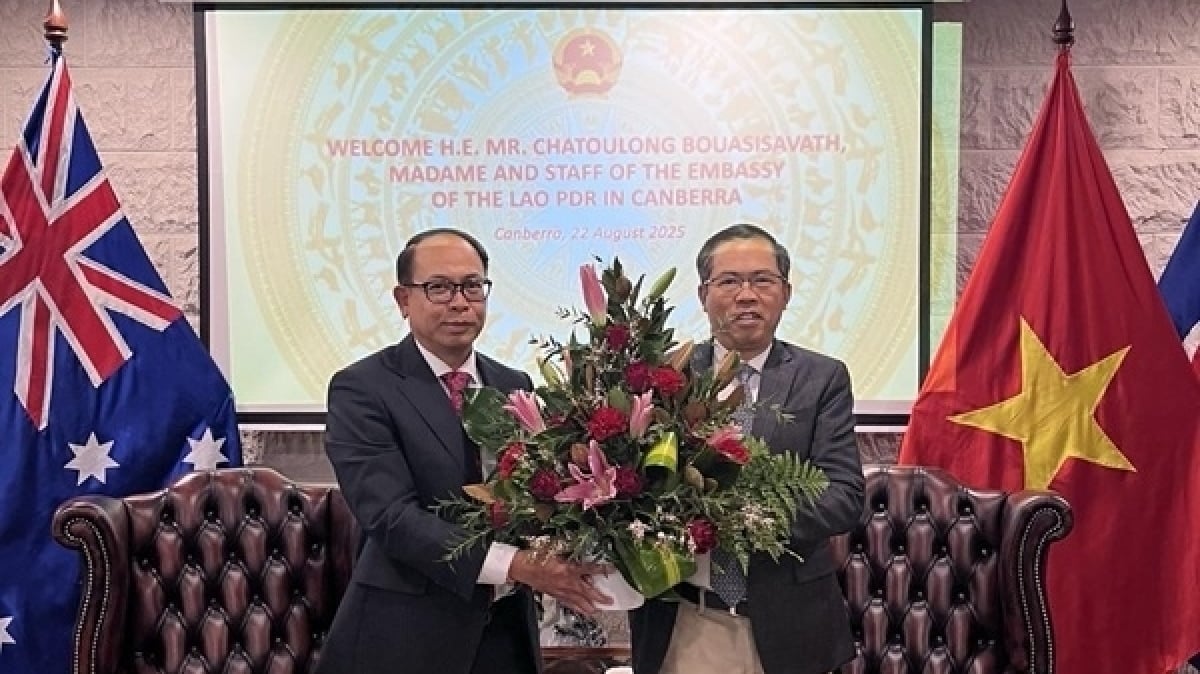
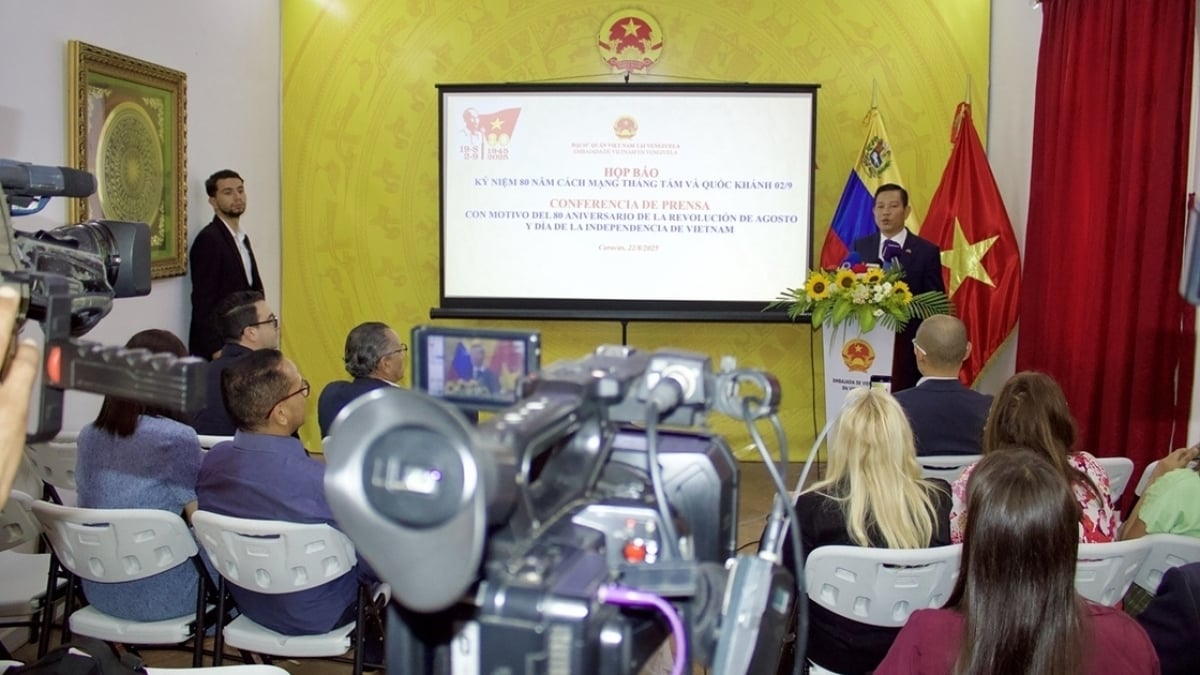


































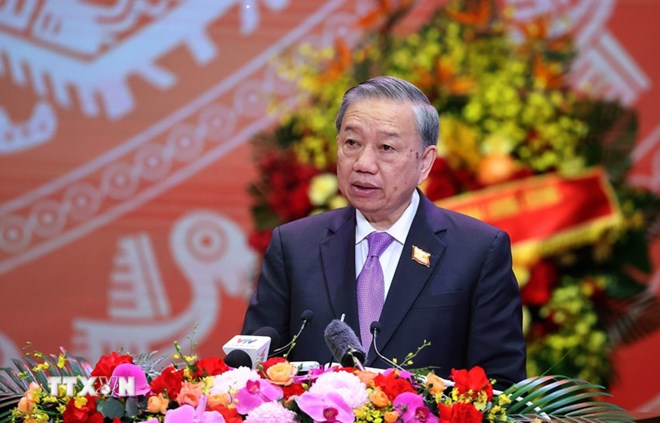

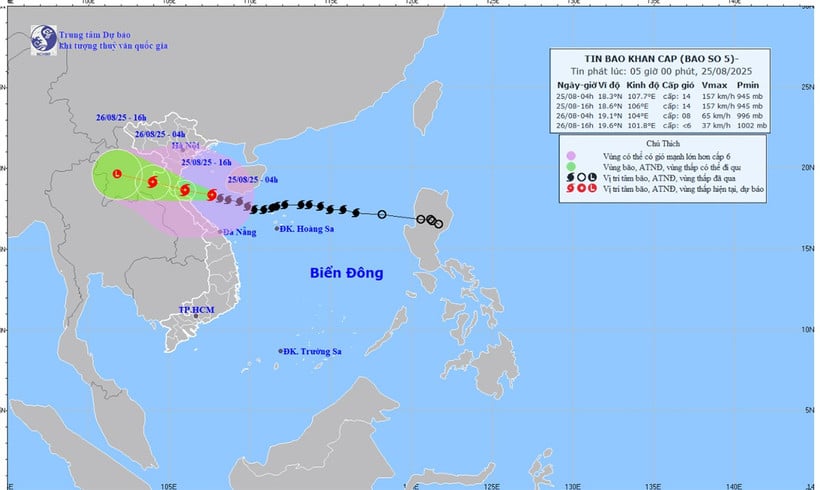










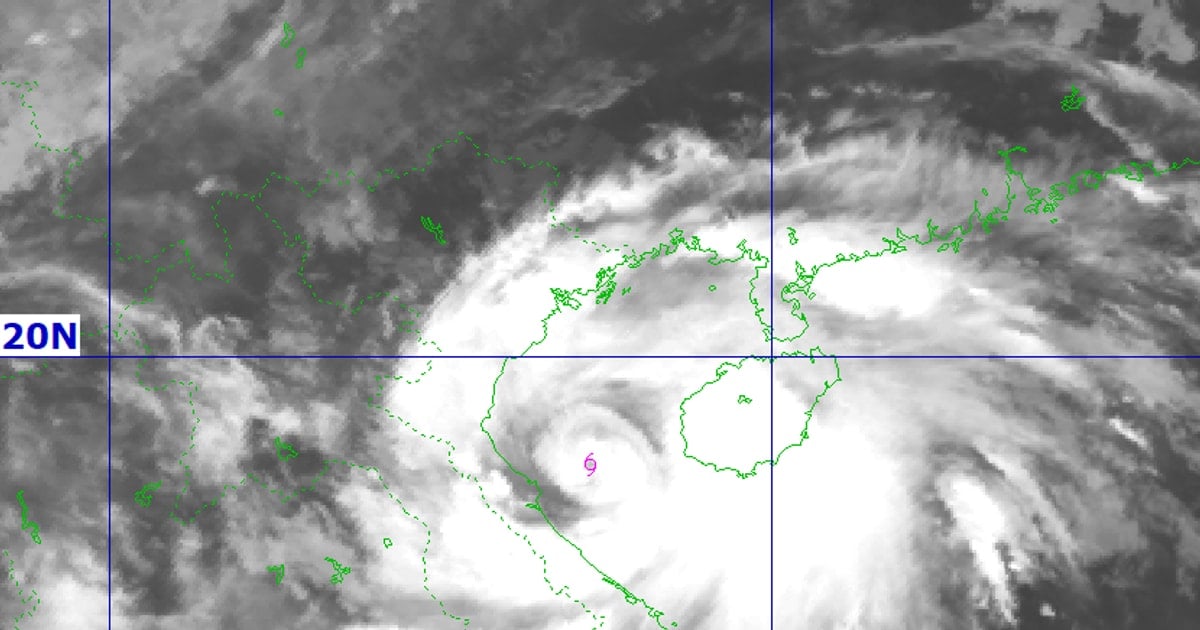

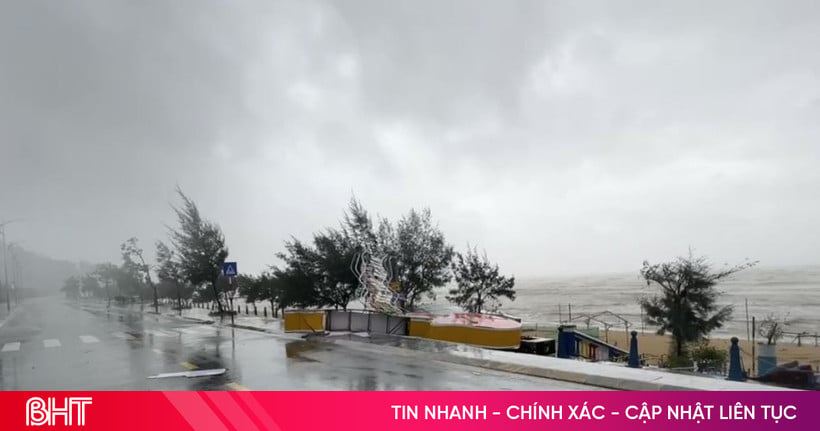



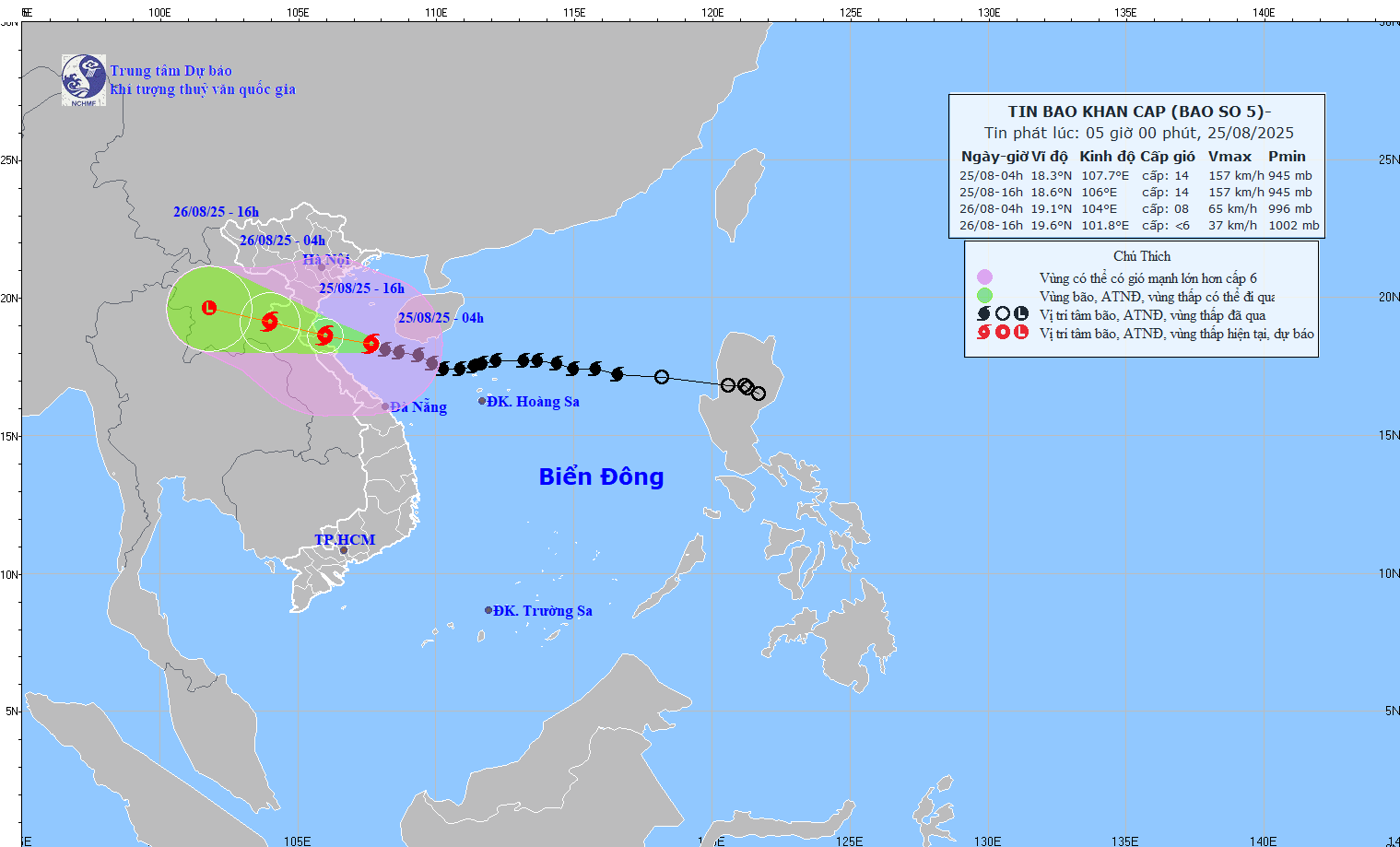
















Comment (0)